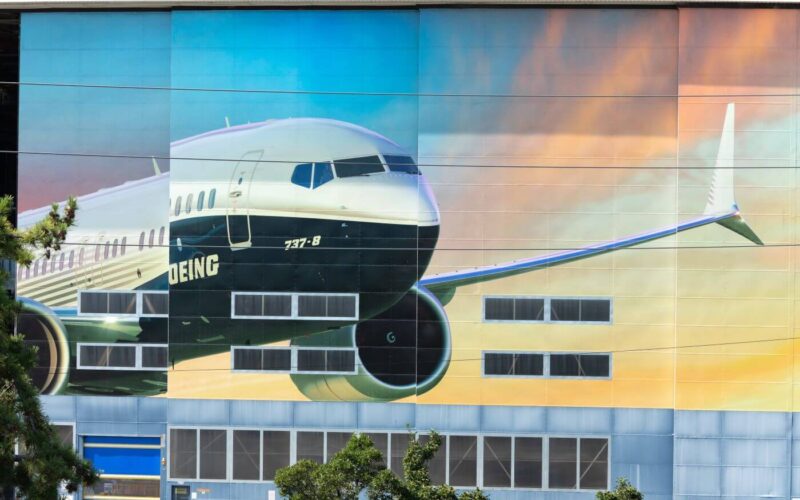In a growing line of whistleblowers and skeptics voicing their concerns before the expected re-certification of the Boeing 737 MAX, another rogue agent has emerged. In an email sent to regulators in the U.S., Europe and Brazil, a Transport Canada safety official called for the entire removal of the MCAS system from the 737 MAX. The official believes that the U.S. plane maker should remove the software, largely blamed for the two deadly 737 MAX 8 crashes, before the aircraft is cleared to fly again.
“The only way I see moving forward at this point… is that the MCAS has to go,” Jim Marko, manager of Aircraft Integration and Safety Assessment at Canada’s aviation regulator – Transport Canada – wrote in the email, according to The New York Times, which first reported the news.
In the email, sent to the U.S. Federal Aviation Administration (FAA), the European Union Aviation Safety Agency (EASA) and Brazil’s National Civil Aviation Agency (ANAC) on November 19, 2019, Marko expressed his “uneasiness” about Boeing’s attempts to fix the MCAS software.
“Judging from the number and degree of open issues that we have, I am feeling that final decisions on acceptance will not be technically based,” he was quoted as saying by Canada’s National Post. “This leaves me with a level of uneasiness that I cannot sit idly by and watch it pass by…”
Marko continues to say that, according to him, the only feasible option at this point is to remove the MCAS software altogether, with all the compliance issues that such move would entail, if regulators and the public were to regain confidence in the sign-off on the 737 MAX.
Responding to the surfacing of the email, Transport Canada issued a statement on November 22, 2019, saying that the email “reflects working-level discussions between highly trained aircraft certification experts of key aviation authorities who have been given wide latitude for assessing all issues and looking at all alternatives for the safe return to service of the aircraft,” Reuters reports.
The regulator also added that that the “working-level” views have not been “systematically reviewed” by Transport Canada, meaning, Marko’s email does not reflect its official position but rather the inner workings of the ongoing discussions.
The FAA followed with a similar statement, saying that the agency’s international partners have “engaged in robust discussions at various stages in this process as part of the thorough scrutiny of Boeing’s work. This email is an example of those exchanges,” as quoted by Reuters.
However, Marko’s counterpart at the FAA, to whom the email was addressed, seems to share his concerns about the multiple identified problems with the MCAS and its update. “I have held similar perspective (questioning the need for MCAS, at least from the system safety standpoint),” Linh Le, a system safety engineer at the FAA, wrote in a separate email to his colleagues, according to The New York Times, which reviewed the emails.
Boeing hopes to re-certify the 737 MAX by the end of 2019 and have the jet return to service in early 2020, given that it wins regulatory approvals for proposed fixes to the MCAS and associated pilot training. The company says it is “working closely” with the FAA and other regulatory authorities as it moves towards “certification and safe return to commercial service” of the MAX.
“While the FAA and other regulatory authorities will determine the timing of certification and return to commercial service, Boeing continues to target FAA certification of the MAX flight control software updates during this [fourth] quarter,” the company stated in an update released on November 11, 2019, on the progress of the MAX.
“Based on this schedule, it is possible that the resumption of MAX deliveries to airline customers could begin in December, after certification, when the FAA issues an Airworthiness Directive rescinding the grounding order. In parallel, we are working towards final validation of the updated training requirements, which must occur before the MAX returns to commercial service, and which we now expect to begin in January.”

